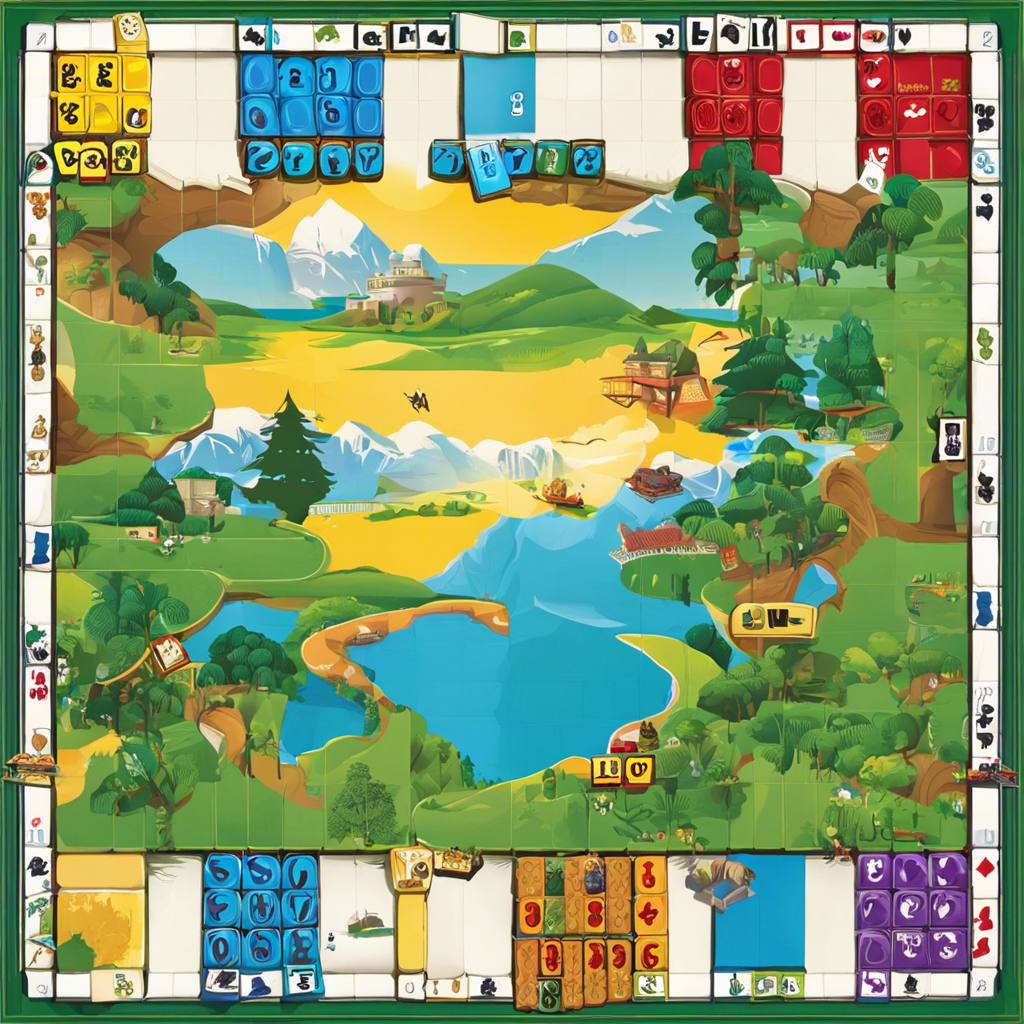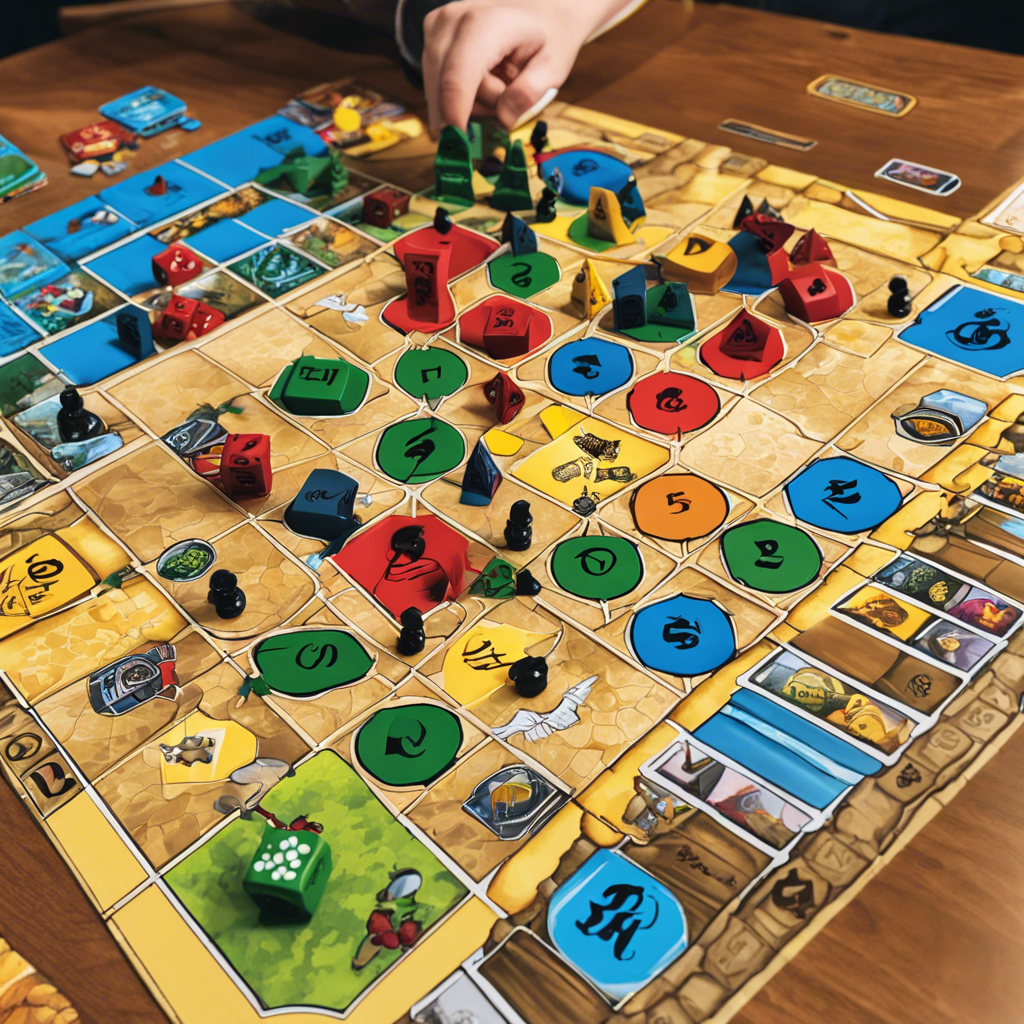Playing board games is a fun pastime that has entertained people for centuries. From classic favorites like Chess and Checkers to modern hits such as Catan and Pandemic, strategy board games offer an engaging challenge that tests your critical thinking, decision-making, and social skills. Whether you’re a seasoned player or a beginner, here are some top strategy tips to increase your chances of winning at board games and having a great time with your friends and family.
Firstly, understand the rules thoroughly. Read the instructions carefully and clarify any doubts before starting the game. Knowing the rules inside out gives you a solid foundation to build your strategy upon. Pay attention to the game’s mechanics, victory conditions, and any special abilities or restrictions that may impact your moves. Knowing the intricacies of the game will help you make informed decisions and plan your moves effectively.
Another important tip is to set short-term and long-term goals. Short-term goals could include gaining resources, occupying specific territories, or negating an opponent’s advantage. Long-term goals involve victory conditions and the overall strategy you aim to employ. For example, in a game like Risk, your short-term goal might be to control a certain continent, while your long-term goal is to weaken the strongest player before they dominate the board. Having clear objectives will guide your decision-making process and help you prioritize your moves.
Additionally, it’s crucial to assess your resources and prioritize efficiently. Many board games provide you with limited resources to manage, such as money, troops, or action points. Evaluate which resources are most valuable to your strategy and focus on acquiring and utilizing them effectively. Prioritize your moves based on the potential impact they will have on your short-term and long-term goals. Sometimes, sacrificing immediate gain for long-term advantage is necessary, such as investing in infrastructure or building up your defenses.
Keep in mind to also anticipate your opponents’ moves. Good strategy often involves predicting what your opponents might do and planning countermeasures. Observe their playing style, the resources they accumulate, and the strategies they seem to be employing. Try to put yourself in their shoes and consider the options available to them. By anticipating their moves, you can make proactive decisions, set up counterplays, or find opportunities to collaborate and negotiate. Remember that board games are a social activity, and communicating with other players is often key to victory.
Board games are as much about social interaction as they are about strategy. Building alliances, negotiating trades, and engaging in friendly banter are all part of the experience. Fostering good relationships with other players can have strategic benefits, such as gaining their support in key moments or accessing resources through trade. Additionally, maintaining a positive and respectful attitude contributes to an enjoyable gaming environment, even in the heat of competition. Remember that winning isn’t everything – it’s important to maintain sportsmanship and ensure that everyone has a good time.
While it’s important to have a plan, adaptability is crucial to success in board games. Circumstances can change unexpectedly due to an opponent’s actions, dice rolls, or card draws. Be prepared to reassess your strategy and make adjustments when needed. Sometimes, this might involve changing your short-term goals or even your overall victory strategy. Players who can adapt to changing conditions and seize emerging opportunities are more likely to succeed. Flexibility is a key trait of a skilled board game strategist.
Lastly, practice and experience count for a lot. The more you play, the better you’ll become at understanding game mechanics, spotting patterns, and recognizing effective strategies. Each game is an opportunity to learn and improve. Study your past performances and reflect on what worked well and what could be improved. Learning from your mistakes and building on your successes will make you a stronger player. Remember that every game is different, and part of the joy of board games is the endless variety of challenges they present.
Board games offer a wonderful blend of strategy, social interaction, and fun. These tips will help improve your gameplay and increase your chances of victory. Remember to understand the rules, set clear goals, manage your resources effectively, anticipate your opponents’ moves, build alliances, adapt to changing circumstances, and most importantly, enjoy the experience. With practice and a strategic mindset, you’ll be winning more games and having a blast with your fellow players. Happy gaming!



